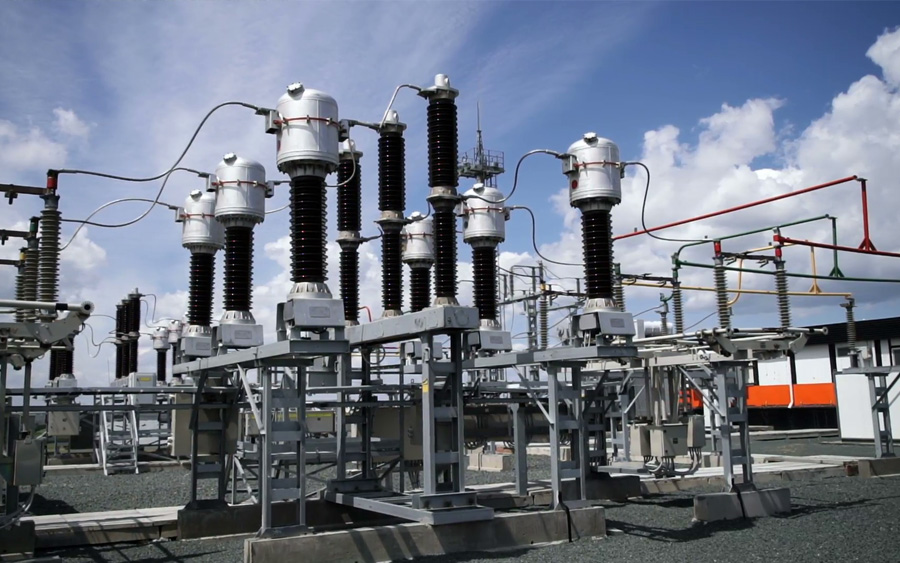The Nigerian power sector as at Friday, October 5, 2019, recorded an estimated N2.2 billion loss. As disclosed in a daily energy report by the Advisory Power Team office of Vice President Yemi Osinbajo, the loss recorded was as a result of insufficient gas supply, distribution, and transmission infrastructure.
More so, according to the report, Electricity Generation Companies (GenCos), which comprises gas-fires and hydro stations, made known that they released an average of 3,406 MegaWatts/Hour (MWH) of electricity into the national grid on Friday.
The report also has it that about 2,073 megawatts could not be generated due to non availability of gas. Similarly, zero megawatts was not generated due to non availability of transmission infrastructure during the period.
In addition, 2,480.4 megawatts were not generated due to high frequency resulting from non availability of distribution infrastructure, as zero megawatts was recorded as losses due to water management procedures.
Nairametrics, had however, reported that the power generating companies threatened to halt the production of power should the Nigerian Bulk Electricity Trading Company (NBET) persists on its move to slam a 0.75% gas payment administrative charge on them.
Describing the charge as unregulated, the GenCos, under the auspices of the Association of Power Generating Companies (APGC), also threatened to declare force majeure and relieve themselves of all market obligations, if the NBET stuck to its guns.
Other rising issues: Amongst the many issues in the Nigerian power sector is the GenCos’ declared intention to bypass the Distribution Companies (Discos) who supply power to electricity customers in the country.
The GenCos urged the Federal Government to implement the Eligible Customer Policy which was initiated in 2017 by the former Minister of Power, Works and Housing, Babatunde Fashola, who is now serving as the Federal Minister of Works and Housing. Saleh Mamman is the current Minister of Power.
Fashola had declared the Eligible Customer policy which enables power generation companies to sell directly to electricity consumers rather than depend on distribution companies. This policy, according to the report, is in line with the provisions of Section 27 of the Electric Power Sector Reform Act 2005.
[READ ALSO: 40% of world’s poorest people will be Nigerians and Congolese by 2050]














